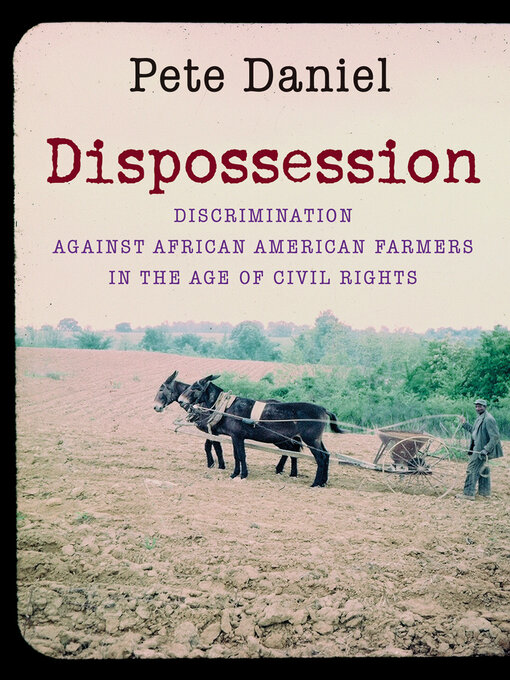- All Magazines
- Popular Magazines: Always Available
- Cooking and Food Magazines
- Craft Magazines
- News and Politics
- See all
-
Description
-
Details

Kindle Book
- Release date: March 17, 2023
OverDrive Read
- ISBN: 9781469602028
- Release date: March 17, 2023
Open EPUB ebook
- ISBN: 9781469602028
- File size: 3528 KB
- Release date: March 17, 2023
Formats
Kindle Book
OverDrive Read
Open EPUB ebook
subjects
Languages
English
